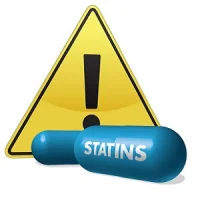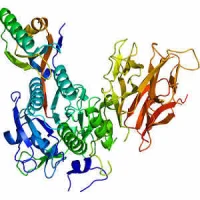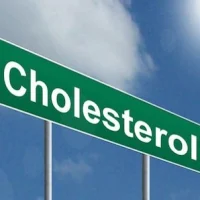According to a study presented
at the Resuscitation
Science Symposium at the American Heart Association’s Scientific Sessions 2016, patients who have been taking statins have better chances of
surviving longer after a cardiac arrest.
See Also: High-Intensity
Statin Therapy Linked to Lower Risk of Death
Cholesterol-lowering statins are prescribed to prevent a subsequent cardiovascular event in patients who have experienced an ischaemic stroke or a heart attack. However, the recommendation to use statins in such cases is not clear, due to the fact that these drugs have significant side effects such as increased blood sugar levels.
Ping-Hsun Yu, M.D., senior author of the study and a researcher at the Taipei Hospital Ministry of Health and Welfare in Taiwan, and his colleagues analysed the records of approximately 138,000 patients who had suffered out-of-hospital arrest in the Taiwan National Health Insurance Research Database. The researchers sorted the records according to whether or not the patients had used statins within 90 days of a cardiac event and accounted for gender, age, underlying conditions, years of hospitalisation and post-resuscitation factors. Their aim was to assess if the prior use of statins was associated with higher rates of survival after cardiac arrest than was non-use.
Results revealed that the prior use of statins was associated with higher rates of survival than was the non-use of statins. A subgroup of patients with Type 2 diabetes benefited the most from statin therapy in terms of survival rates. In addition, the researchers found that with the prior use of statins, patients were more likely to survive to reach a hospital (19%), to survive long enough to be discharged from hospital (47%), and to survive at least a year afterwards (50%).
One of the limitations of the current study is that more than 95% of the patients in the population sample used in the analysis were Asian and, therefore, its results may not apply to other ethic groups or multi-ethnic populations. Moreover, the pre-existing database did not distinguish among different subgroups according to different dosages or types of statins. A future aim would be to divide statins into different subgroups in order to assess if different potencies or types results in different outcomes.
In conclusion, the current study suggests that, although there is some risk associated with statins, the benefit in terms of survival after cardiac arrest is significant.
Source: Resuscitation Science Symposium at the American Heart Association’s Scientific Sessions 2016










